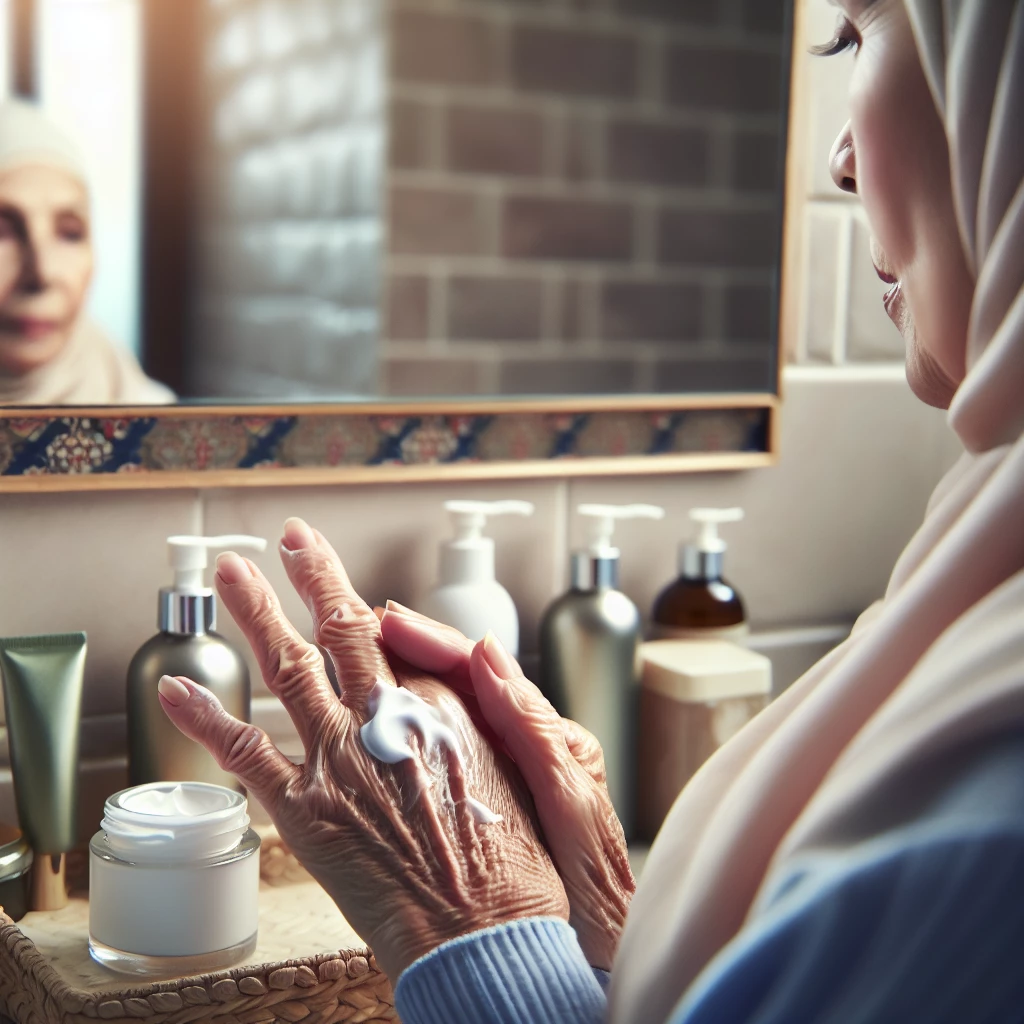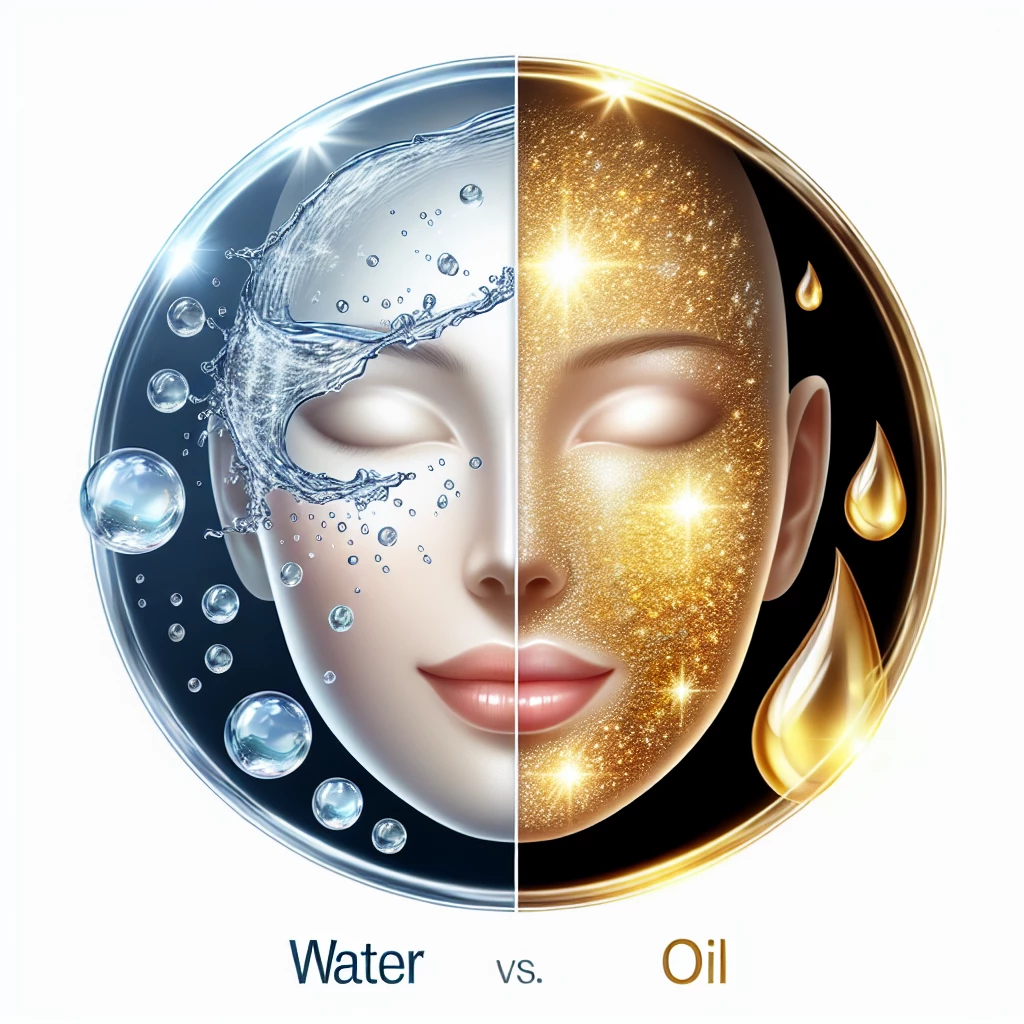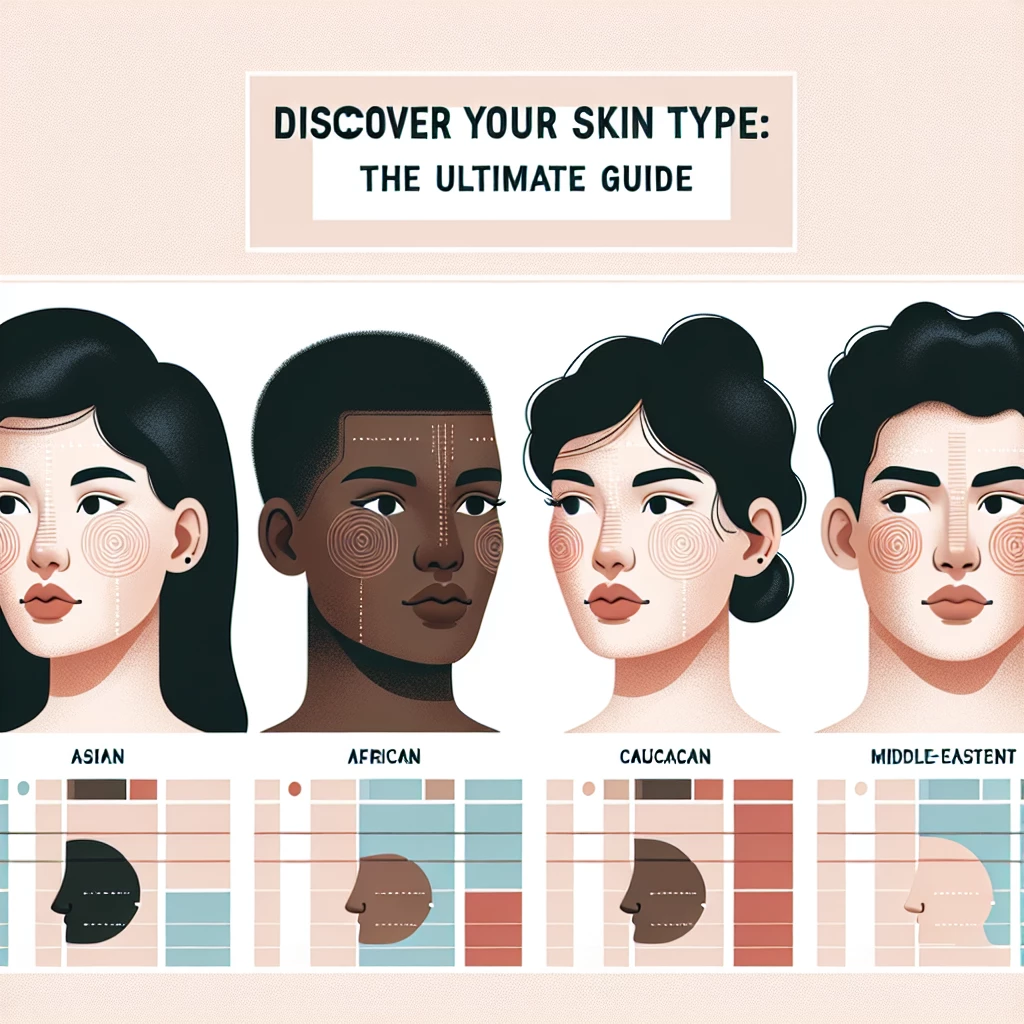A proper makeup routine starts with understanding your own skin type. Each skin type has its unique set of characteristics and understanding those can help you make the best cosmetic and skincare choices. This guide aims to help you identify your skin type, understand its specific needs and introduce you to the best makeup products and skincare routines that perfectly fit your skin.
Identifying Your Skin Type
The first step in discovering your skin type is to cleanse your face properly, and then wait for an hour. During this time, your skin will return to its natural state, which will help us identify its type. There are five main skin types; these include normal, oily, dry, combination, and sensitive.
If your skin appears neither oily nor dry and has no significant blemishes, then you likely have normal skin. Oily skin is often shiny, with larger pores and it's prone to acne. Dry skin, on the other hand, may feel tight and possibly exhibit flaking, while combination skin will exhibit characteristics of both oily and dry skin, typically oily in the T-zone (forehead, nose, and chin), and dry elsewhere on the face.
Sensitive skin isn't as much a skin type as it is a condition caused by other factors such as rosacea, eczema or allergies. If your skin becomes red, irritated or itchy when you use certain products, then your skin is probably sensitive.
Understanding Your Skin’s Needs
Understanding the needs of your skin type is crucial for proper care. For instance, oily skin often needs specific, oil-free products that control sebum excess without drying it out excessively. Dry skin, on the other hand, benefits from richer, hydrating products that can replenish its moisture levels.
Combination skin needs a balance of products that can address the duality of its nature. This often consists of lighter, oil-control products for the T-zone and moisturizing formulas for the drier areas. As for sensitive skin, it often requires gentle, fragrance-free products that don’t irritate or inflame it.
Lastly, regular exfoliation can benefit all skin types as it helps rid the skin of dead cells and promotes a healthier, more radiant complexion. However, it should be done carefully, particularly for sensitive or dry skin types.
Choosing the Right Products
Having a thorough understanding of your skin type and its specific needs will greatly help when shopping for makeup or skincare products. For normal skin type, most makeup products will work well. However, if your skin is oilier, go for oil-free or mattifying foundations. On the contrary, if your skin is on the drier side, hydrating and creamy foundations will be your best bet.
For combination skin, you may need a mix of products to meet the different needs of your skin. Using a mattifying primer on the T-zone and a hydrating one on the drier areas could be a good idea.
Sensitive skin requires hypoallergenic and non-irritating makeup products. Always remember to do a patch test beforehand to ensure your skin won’t react negatively to the product.
Understanding your own skin type is fundamental to taking good care of it and applying makeup that suits you. Different skin types require different types of care, hence it’s vital to know what works best for you. With this knowledge at your fingertips, you’re now on track to achieving happier, healthier skin.

Age Gracefully: Mature Skin Care
Delve into the changes that come with aging skin and the best practices to ensure its health and vitality.

Vitamins for Victory: Skin Nutrients
Discover the key vitamins that contribute to skin health and the best ways to incorporate them into your skincare routine.

Exfoliation 101: Clearing the Surface
Dive into the process of exfoliation, uncovering its benefits and learning how to properly exfoliate for brighter, smoother skin.

Skin Hydration: Water vs. Oil
Get insight into the importance of hydration in skincare routines and understand the difference between water-based and oil-based products.
